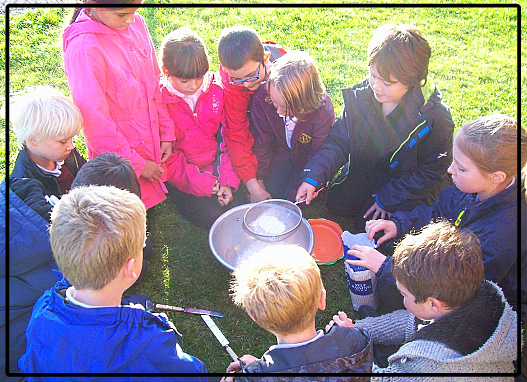The Importance of Childcare
High-quality care improves the life chances of all children – especially disadvantaged children, e.g. those from poorer homes with fewer opportunities. It boosts children’s learning and gives them the chance to mix with others from a wide variety of backgrounds. Childcare can help to tackle issues of social, geographic and economic isolation, allowing parents to work/ train, reducing state benefit dependency, raising families out of poverty and contributing to local economies.
 Research shows that it gives young children the best start in life by improving their emotional and social development and have a positive impact on educational attainment. Findings published by the Institute of Education show that children’s achievements in language, reading and numeracy increased in proportion to the number of months they spent in pre-school. At age 5, children who had attended pre-school were between 4-6 months ahead of those who did not attend pre-school. This is particularly relevant for children from disadvantaged areas. Similarly, extended schools for school-aged children, offer activities for children to attend before and after school, as well as in the holidays. These have been successful in improving GCSE results and also have wider benefits, including engagement with learning, family stability and enhanced life chances.
Research shows that it gives young children the best start in life by improving their emotional and social development and have a positive impact on educational attainment. Findings published by the Institute of Education show that children’s achievements in language, reading and numeracy increased in proportion to the number of months they spent in pre-school. At age 5, children who had attended pre-school were between 4-6 months ahead of those who did not attend pre-school. This is particularly relevant for children from disadvantaged areas. Similarly, extended schools for school-aged children, offer activities for children to attend before and after school, as well as in the holidays. These have been successful in improving GCSE results and also have wider benefits, including engagement with learning, family stability and enhanced life chances.
Families use childcare for many reasons – to help parents work, look for jobs, train or study, to meet other parents or just take time out and, of course, to help their child’s development. Better childcare has significant effects on the local and national economy allowing more parents/carers, and in particular mothers, to work. It increases their earnings and in the long-term, their contribution to the country. Investing in quality childcare benefits children, their parents and the wider community. It brings improvements in children’s learning and behaviour, leading to a happier family life – and even a healthier national economy.
BAND ensures that childcare in Bristol is of the highest quality by supporting and developing clubs and childcare staff. Every day we assist groups by: meeting and exceeding quality standards such as those requested by OFSTED; offering information, advice and guidance on a range of subjects from financial management to fundraising and policy-making; supporting voluntary management committees; acting as a networking tool; offering free training courses and workshops; and running a free resource library of toys, books and equipment.
